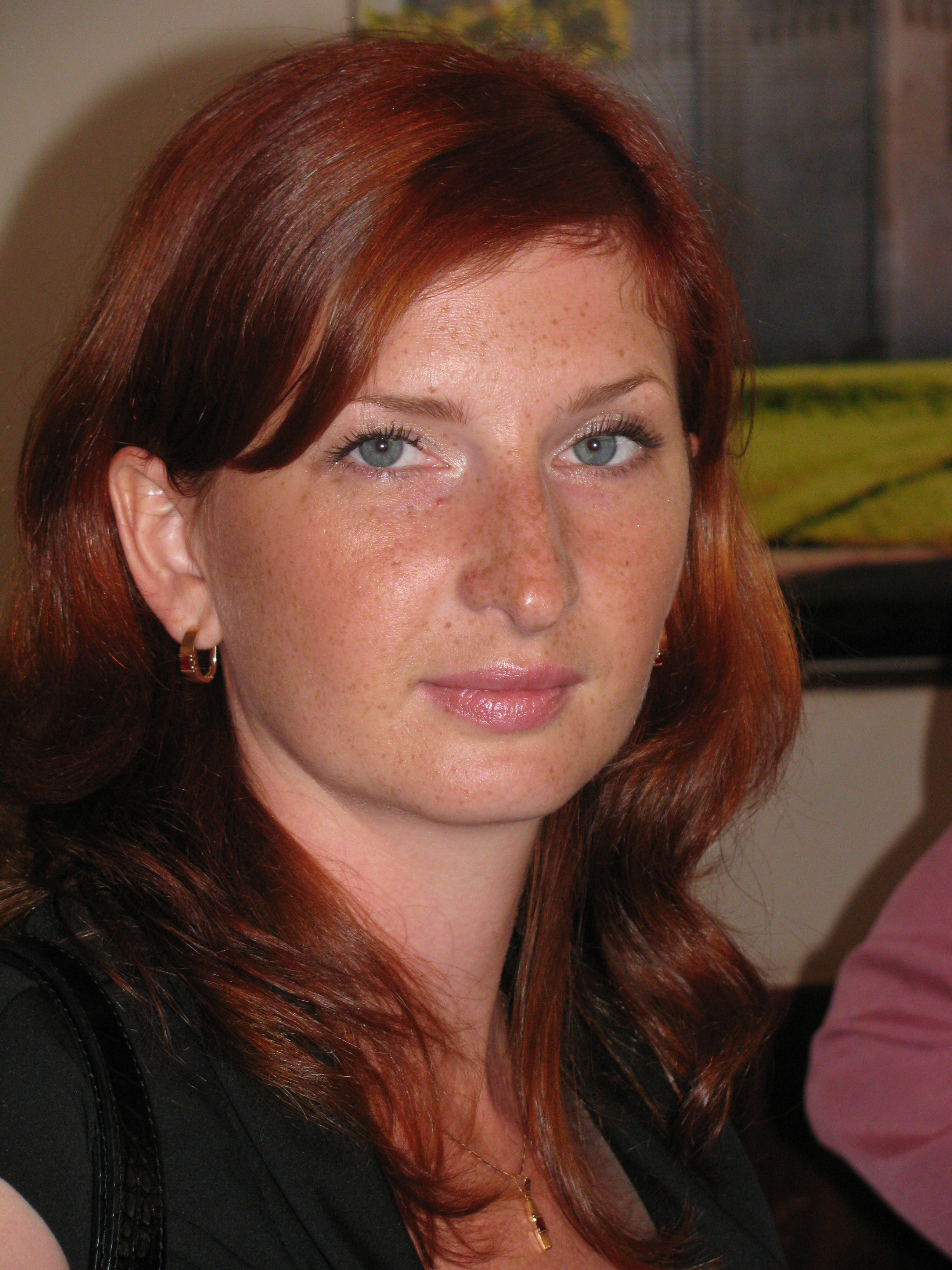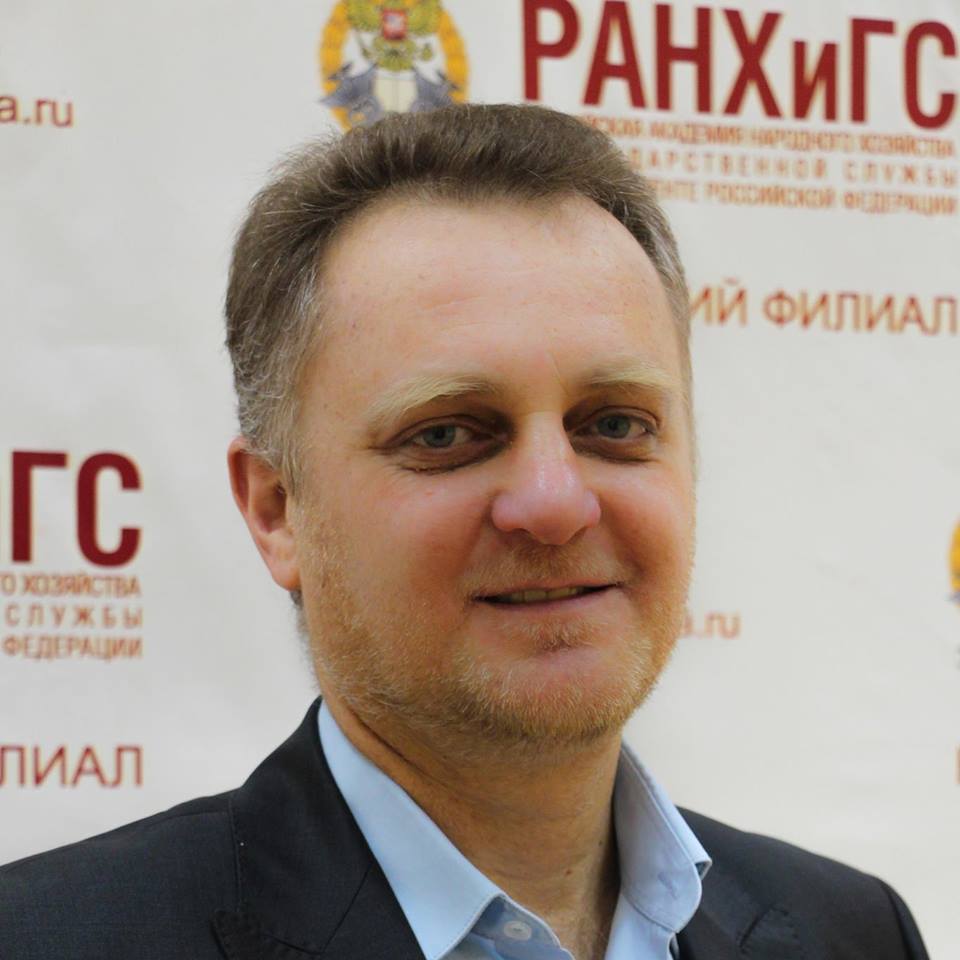The article presents the results of a study of the grounds and possibilities for achieving compliance between the religiosity of student youth and their attitude to the rational maintenance of their health. The authors analyze the ways of synthesis of the classical philosophical and theological “Plato's model”, which proposes to distinguish in us “reasonable”, “active” and “enthusiastic” abilities that need constructive and socially acceptable consent in order to achieve “good”. On the other hand, there is the anthropological “Malinowski’s model”, which described the coexistence of the usually distanced “magic-religion-science”. The phenomenon of health is understood as a state of physical, intellectual and psychological well-being, acting in specific historical forms as a true ideal of “fullness of being” at all stages of the formation of the Homo Sapiens species, contrasting, as “good”, with its alternative, i.e. sickness as suffering and “evil”. Such distinctions and distancing historically formed through the formation of subcultures of “believers” (“religious”), “non-believers” (“non-religious”) and “doubters” (“seekers for genuine faith”), which could have a vernacular (“folk”) character or acquire institutional and legal forms. It is necessary to interpret a number of established cultural and social stereotypes that are often replicated by the mass media today, combining the accumulated positive experience and constructive aspects of being in the world for the sake of preserving and strengthening the physical and mental health of our fellow citizens. A survey of students showed that although about half of them are not ready to go to a doctor in case of illness, preferring to be treated themselves, but only about 5% of the respondents are ready to rely on the help of higher powers, i.e. those who call themselves “believers” turn out to be “non-believers” in such practices.
Key words: students, compliance, religiosity, health maintenance, medicine, science, magic, religion
DOI: 10.22250/20728662_2023_3_118
About the authors
 |
Evgeny I. Arinin – Doctor of Science (Philosophy), Professor, Head of the Department of Philosophy and Religious Studies of Vladimir State University, Vladimir, Russia; This email address is being protected from spambots. You need JavaScript enabled to view it. |
 |
Maria S. Lyutaeva – PhD (Philosophy), Senior Lecturer of Department of Philosophy and Religious Studies of Vladimir State University, Vladimir, Russia; This email address is being protected from spambots. You need JavaScript enabled to view it. |
 |
Natalia M. Markova – PhD (Philosophy), Docent, Associate Professor of Department of Philosophy and Religious Studies of Vladimir State University, Vladimir, Russia; This email address is being protected from spambots. You need JavaScript enabled to view it. |
 |
Dmitry I. Petrosyan – PhD (Philosophy), Associate Professor of the Department of Social and Humanitarian Disciplines of the Vladimir Branch of the Russian Academy of National Economy and Public Administration under the President of the Russian Federation, Associate Professor of the Department of Sociology of Vladimir State University, Vladimir, Russia; This email address is being protected from spambots. You need JavaScript enabled to view it. |






